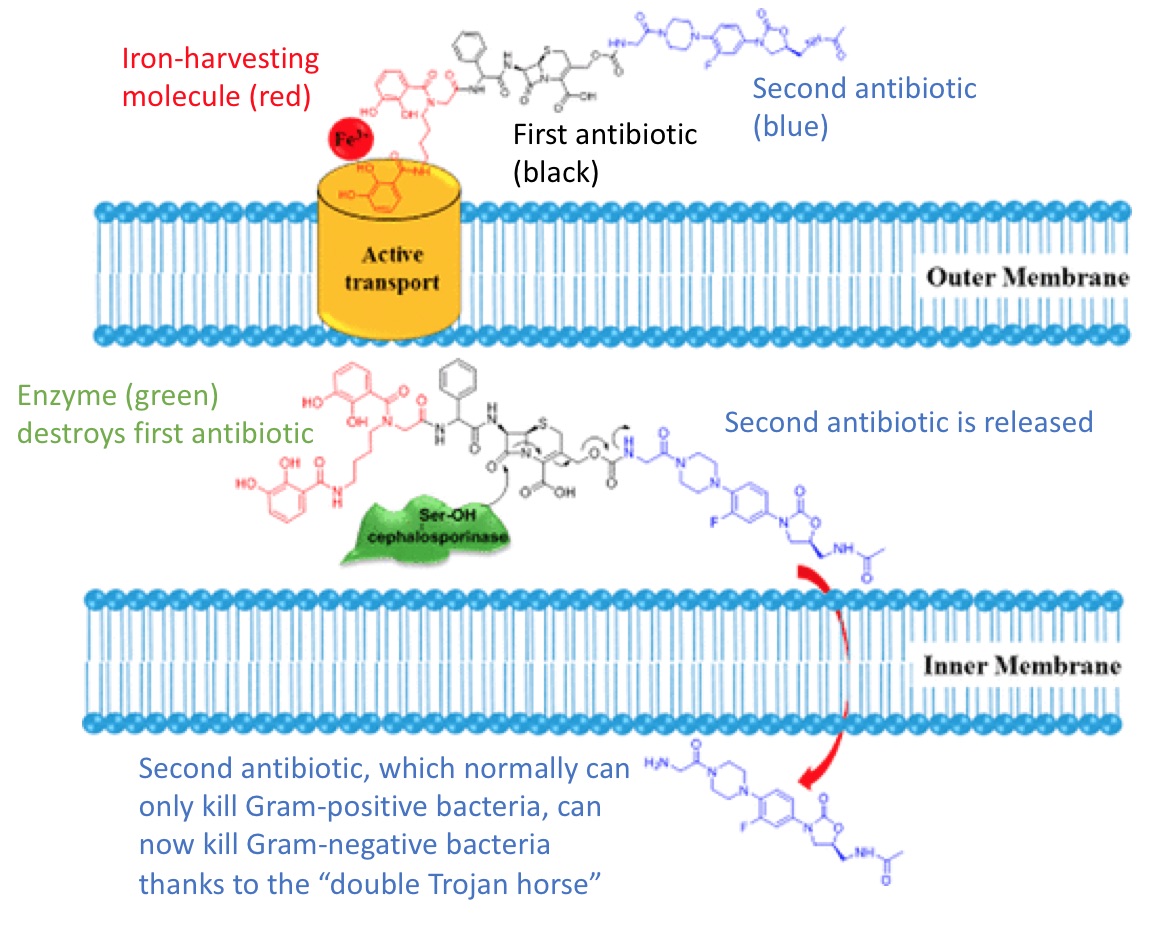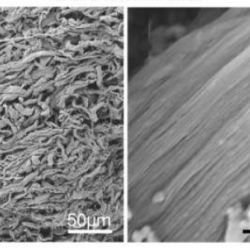
‘Double Trojan Horse’ Drug Tricks Bacteria into Committing Suicide
Table of Contents

Bacteria come in two very broad categories based on the structure of their cell walls, the outer region that gives the cells shape and integrity. The cell walls of Gram-positive bacteria consist of a membrane surrounded by a thick layer of sugar and protein, while the cell walls of Gram-negative bacteria consist of a membrane surrounded by a second membrane. This fundamental anatomical difference has a profound medical implication: The types of antibiotics that can kill Gram-positive bacteria are likely ineffective against Gram-negative bacteria and vice versa.
A major reason is the cell wall: An antibiotic may be able to penetrate one type but not the other. This is why, for instance, that the drug vancomycin is prescribed to treat Gram-positive infections, such as Staphylococcus, but is completely useless against Gram-negative infections, such as E. coli. Finding new ways to sneak antibiotics past these cell wall barriers is one way that microbiologists are fighting antibiotic resistance.
Now, researchers have shown that a synthetic ‘double Trojan horse’ drug can fool bacteria into willingly accepting a toxic antibiotic, essentially causing them to commit suicide.
Source: acsh.org


